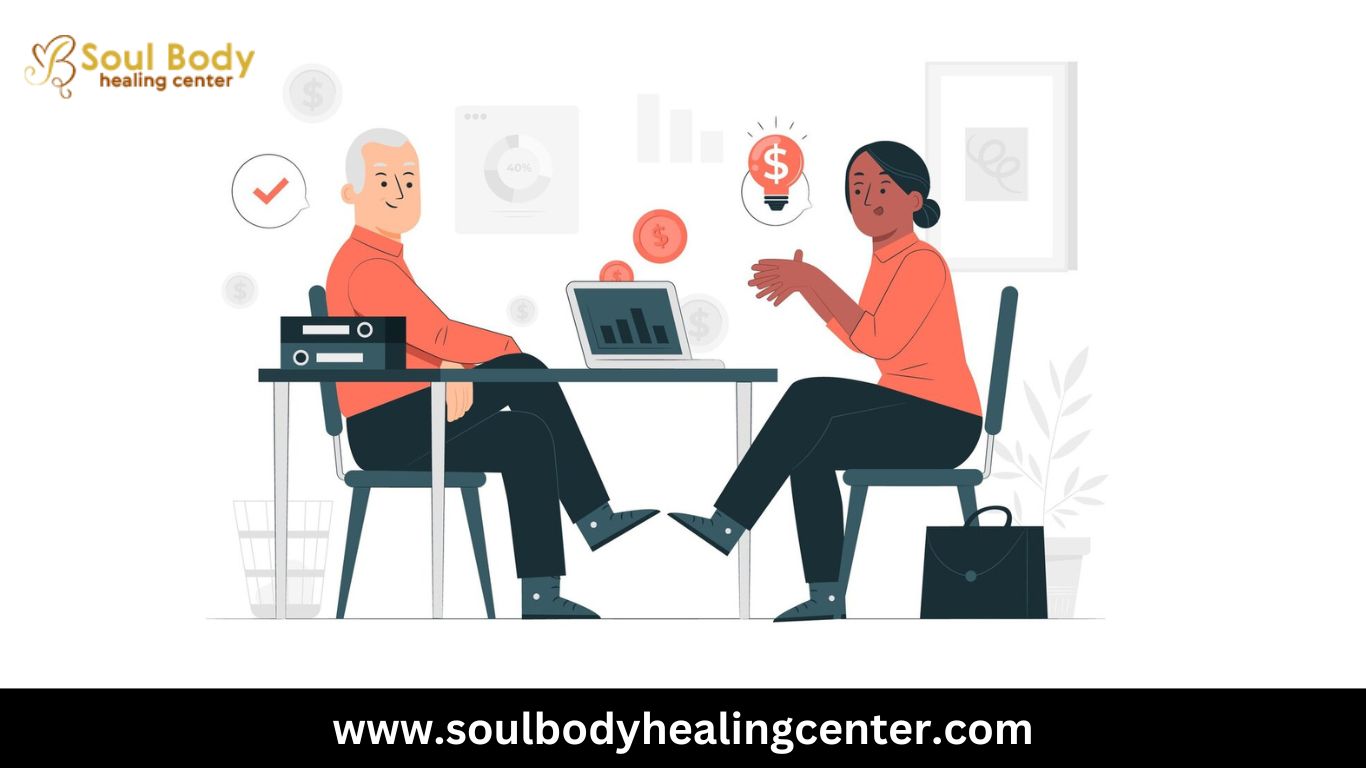Divorce or Separation! How to end a relationship
Separate from each other You live in a relationship. And...
Dr. Alka Chopra Madan
March 18, 2024

Benefit Disorder: We are living in a social setup, and there are some social programmings, which we are unable to get out of social programmings, like growing up, doing good, doing better, and then getting married, having kids, then helping them grow more than their ability or capacity, they can do better. And all of this has to fit in a set pattern, which we tend to follow knowingly or unknowingly.
First, earlier, I discussed you know how the concept of you can do better is putting people under performance pressure, whatever they’re doing, the thing that is not enough. I talk to people, those who are in the age group of 20 years, 23 years, or 30 years, and the things that they have gone through in their life for a very long period now, and they haven’t accomplished anything. And they haven’t done enough. So, I meet with people who are 60 years old and feel like they have spent 60 years and feel like their whole life is lost; nothing has been done. So most of the time, it is not very clear, what they were supposed to do, which they did not do. If they know, then they will be able checkmark whether they did what they were supposed to do, or did not do. So this is one performance pressure, which everybody has borrowed, and then, you know, is really under trying to do better than what they’re doing or trying to do more, what they’re doing.
Second, social programming, or the pressure, is looking for the benefits. Everything a person wants to do, he wants to know what are going to be the benefits, if I do this. So it has increased to an insane level. I will say you go for a walk. What are the benefits of walking? You should do a brisk walk, should you run? And how many steps should you take? How Much Water Should You Drink While You’re Walking? And what are the benefits of walking? How many days should you walk? There is a walking app. The sheer pleasure of walking omit plants and trees is totally wiped out. The whole focus is on getting some benefits out of walking. Then, that is the most simple example I could think of, followed by meditation. Sit down and meditate. How many hours should I meditate? What benefit will I get out of it? How should I feel after I’m done with meditation? So you have to tell them, motivate them, or tell them to do something because it is going to benefit them. What food should I eat? Should I drink? tea, caffeinated, or non-caffeinated? Should I drink coffee? Should I take juice? Shouldn’t I take juice? Should I eat raw food? Should I eat organic? Should I eat vegetables? Should I be eating meat? How can I get maximum benefits? So the sheer pleasure of chewing your food, tasting it for whatever it is, and accepting it with a feeling of gratitude that you have food to eat is over.
So this kind of benefits psychology? What school should I go to, and which school should I send my children to? Who are the people I shouldn’t be friends with? Which meeting should I attend? Where should I buy a house? Which policy should I invest money in, and which city should I live in? benefit, benefit, benefit benefit, and in the process they have made lots of benefits, but they don’t feel because the urge to have more benefits is higher than finding out how much benefit has already been made. This is a vicious circle. We are getting trapped in it more and more.
Not doing things for the sake of doing takes away all the benefits from everything; growing for the sake of growing, marrying for the sake of marrying, loving somebody for the sake of loving, walking for the sake of walking, and eating for the sake of eating are normal ways of living.
Don’t deprive yourself of this pleasure of enjoying the simplicity of life without calculating, judging, evaluating, and invalidating all the time. It’s hard to get out, but maybe this reminder will help you Thank you
YouTube Channel Name: Dr. Alka Chopra Madan
Check out our YouTube channel for more videos
Separate from each other You live in a relationship. And...
In today's world, happiness seems to be the ultimate goal,...
Grief is a state of mind in which something unexpected happens to you when you...
Somebody says, "Nothing changes if nothing changes." Or, a few times I've heard, "Be the...
First emotion in healing is that you should feel safe with someone Another aspect of...